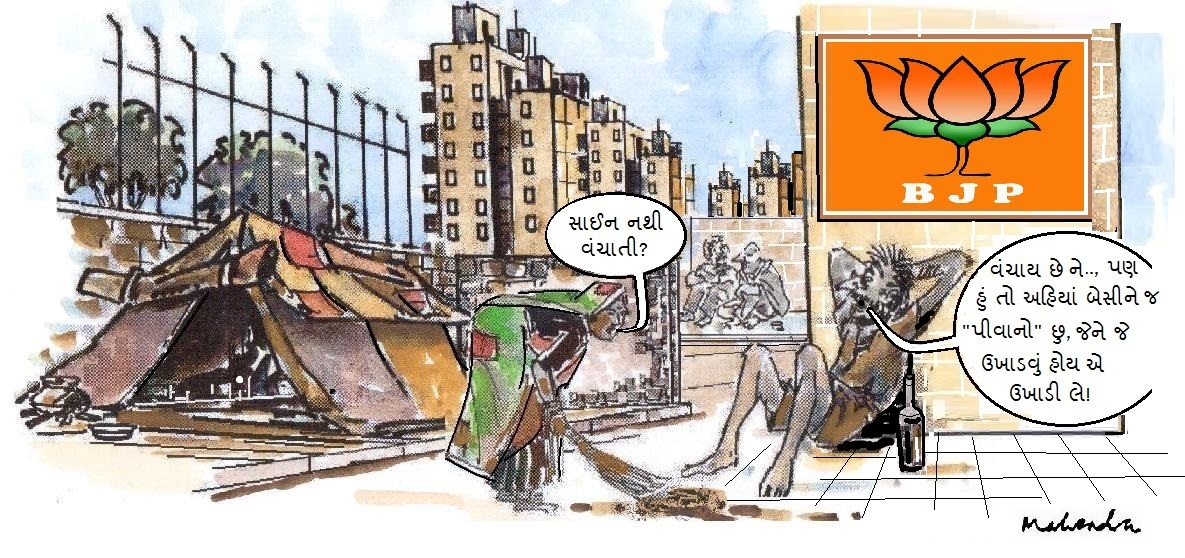UK Visa deposit for Indians.- Good one !!
Perfectly in order !!!!
An incident at Heathrow when an Indian stomped his feet on being denied entry in spite of holding a valid visa, screaming, "You stayed on in our country for over 200 years without invitation or a visa & now you deny me entry to visit my daughter?"

![]()


